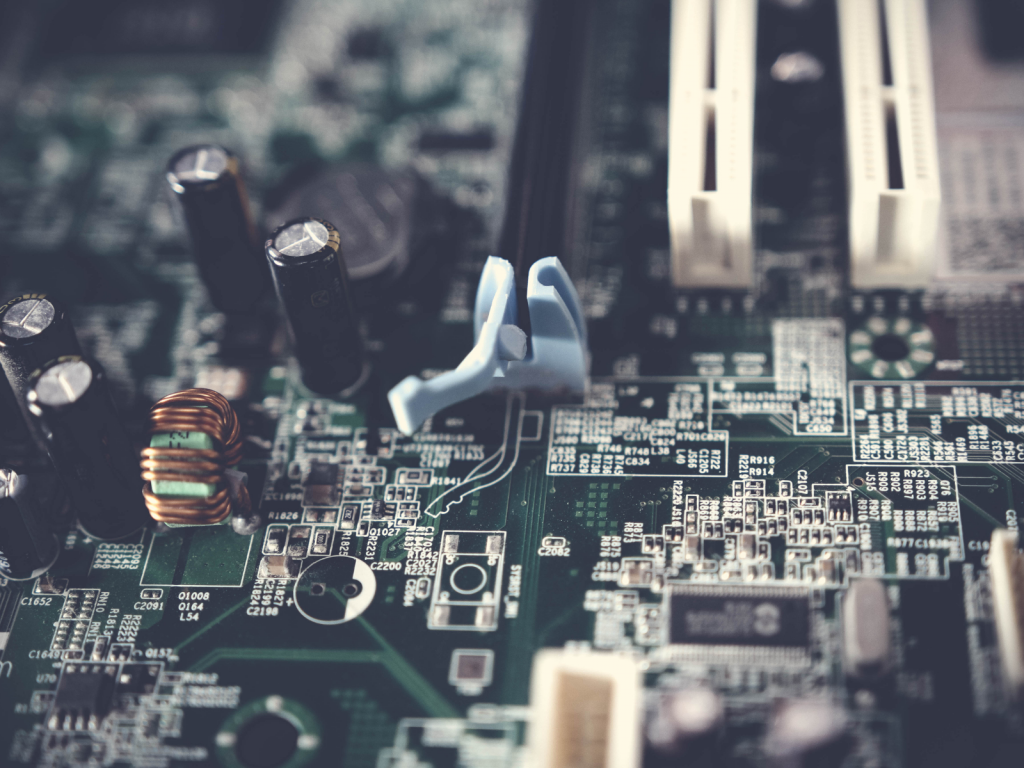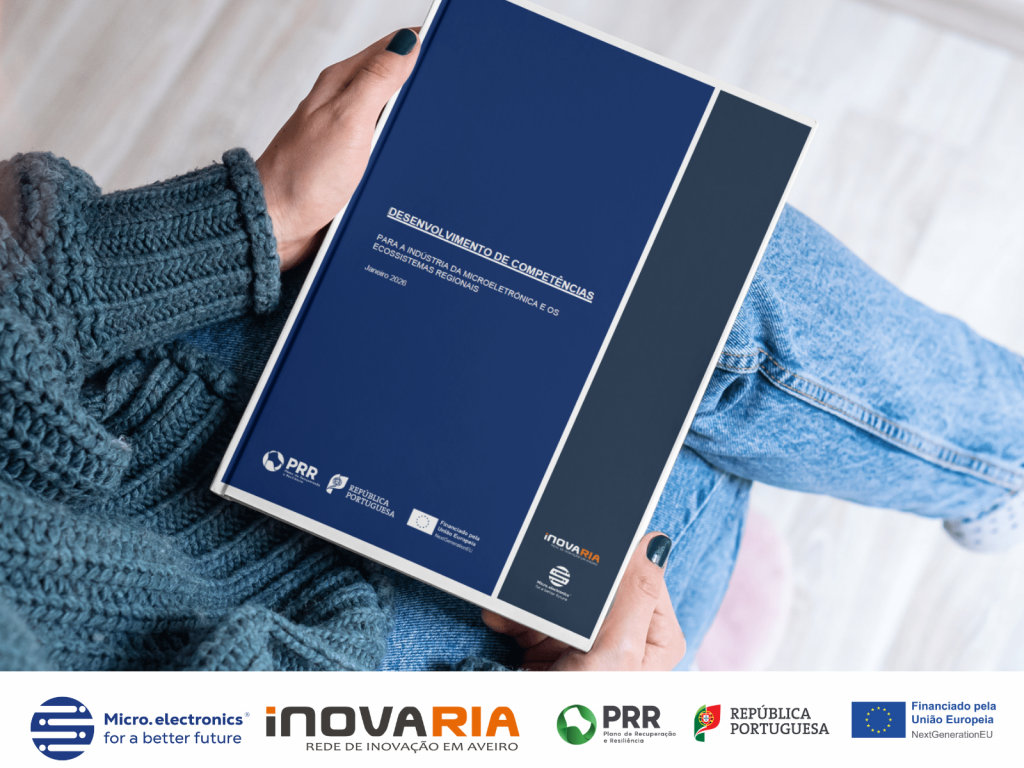The second day of MICRONORA, which is taking place in Besançon, France, was an opportunity for representatives of the Microelectronics Agenda to make various contacts and take part in the fair’s technical and networking events.
Early in the morning, several technical conferences were held, the first of which focused on INNOCISE’s revolutionary approach to automated micro-assembly. The company explained how bio-inspired technologies open up new possibilities for micro-assembly and how the use of dry adhesive forces based on molecular interactions to grip, hold and place workpieces enables new forms of automation for the assembly of sensitive and small components.
In the afternoon, there were 20-minute speed sessions on various topics related to laser systems applied to industry.
Throughout the day, representatives of the Microelectronics Agenda were also busy networking and promoting the consortium. Several meetings were held with companies, universities, higher education and research institutes, as well as government bodies, who also visited the Agenda stand: STSI Industrialisation, ALPHALASER, MECCAD, CEA CESTA, Université de Bourgogne – France Conté, BMF, EPB-Besançon Usinage École de Production, JORIO SRL, SYNOVA S. A, CARBONELLA Rocco, FUZZY Logic, INSTITUT CARNOT – MICA, PIEMONTE Agency, FEMTO-ST Science & Tecnologies, Embassy of Belgium, MS-INNOV and Arc en Ciel Serigraphie.
The second day of the Micronora fair was also marked by the “Microns d’Or” awards, which honored the companies with the best innovations.
In the “Machinery and equipment goods” category, the Gold Micron was awarded to Chiron for its Chiron Micro5 machining center; the Silver Micron was awarded to the German company Nidec for its cutting and welding system; and the French company Laser Cheval received a “Special Mention” for its Geode Quartz.
In the “Microtechnology components and sub-assemblies” category, Besançon-based Silmach was awarded the Gold Micron for its Silicon Cor; the Silver Micron went to VP MedTech X Armink for its innovative device for tattoo artists.
Finally, in the “Intelligent systems and software” category, Percipio Robotics won first prize for its Digital Twin, a multi-input tool for micro-assembly.
The Microelectronics Agenda was created as part of the mobilizing agendas of the Portuguese Recovery and Resilience Plan with the aim of strengthening the production and innovation capacity of the national semiconductor and microelectronics industry. It involves a number of partners seeking to help position Portugal at the forefront of the semiconductor management, production, distribution and recycling market, capable of supplying Europe and other countries worldwide.
The new products, processes and services resulting from the Agenda aim to transform the microelectronics sector and contribute to its resilience, competitiveness and ecological sustainability, and will enable the Portuguese ecosystem to keep up with and anticipate the sector’s needs.
The “Microelectronics Agenda” project runs from January 1, 2022 to December 31, 2024 and is co-financed on a non-repayable basis for a total eligible amount of €67,493,749.21 by the Portuguese Recovery and Resilience Plan through NextGenerationEU.
[/vc_column_text][/vc_column][/vc_row]



